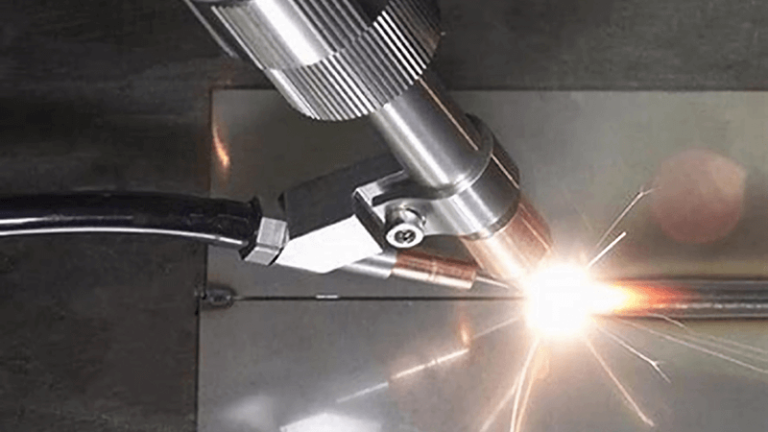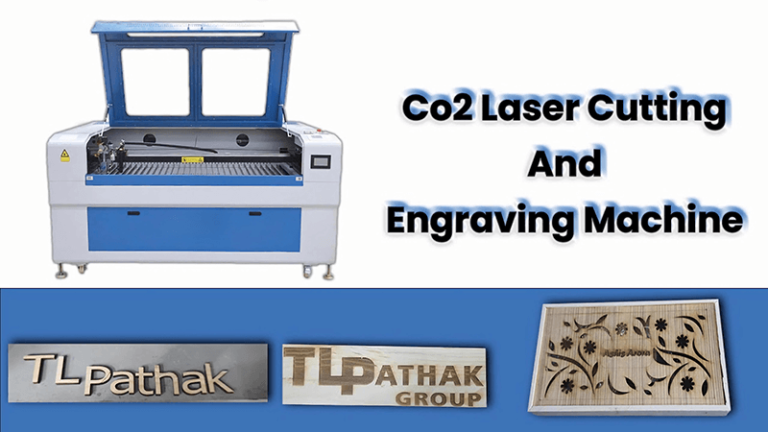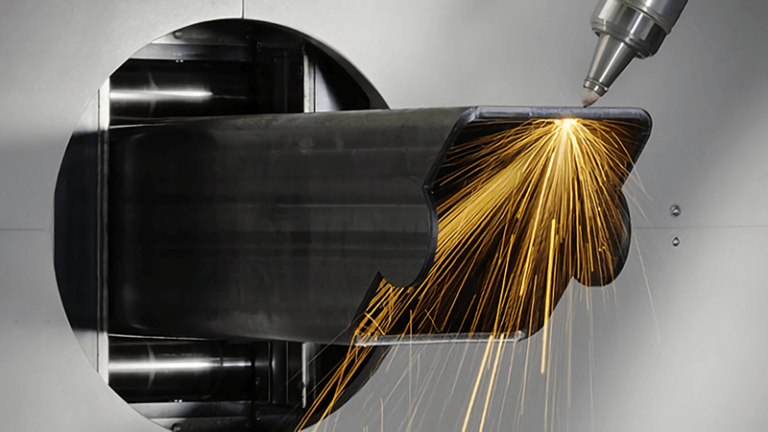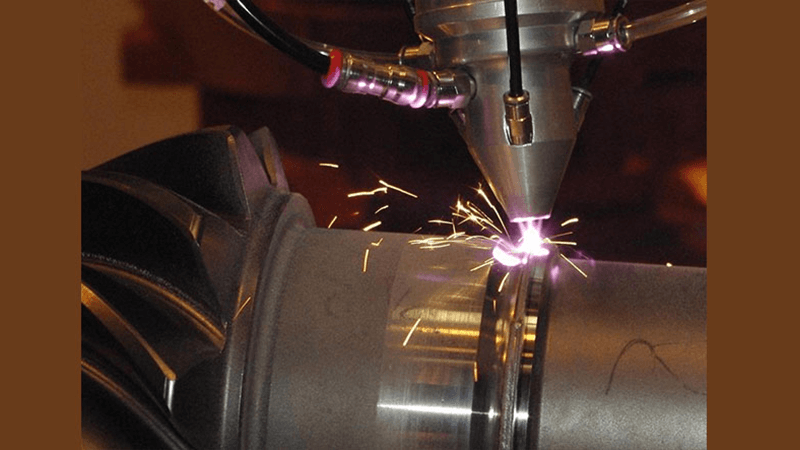
When you're in the market for a laser welding machine, the options can be overwhelming. You want to ensure you're investing in a product that meets your needs, but with so many models out there, how do you know what truly matters? Whether you’re welding in-house or planning to expand your operations, a bad choice can cost you more than just money—it could affect your productivity and product quality for years to come.
Selecting a high-quality laser welding machine involves careful consideration of multiple factors tailored to your specific needs. By focusing on application requirements, laser type and power, welding speed, precision, automation capabilities, ease of use, and post-sale support, you can make an informed decision that enhances your manufacturing processes and ensures high-quality output.
So, how can you spot a high-quality laser welding machine that fits your needs? The key is to focus on a few critical factors—features, cost, support, and overall brand reputation. Let’s break it down together.
Why Quality Matters in Laser Welding
In the world of welding, quality isn't just about appearance—it's about performance. You need a machine that provides precise, durable welds that meet industry standards. But quality goes beyond the weld itself. A high-quality laser welding machine will also help minimize downtime, ensure safety, and ultimately save you money in the long run.
When you're shopping for a laser welder, quality will affect everything from production efficiency to operational costs. A top-tier machine might seem like an investment at first, but when you factor in reliability and longer-lasting parts, the value becomes clear. A cheaper, lower-quality machine may save you upfront, but could cost you far more in repairs and downtime.
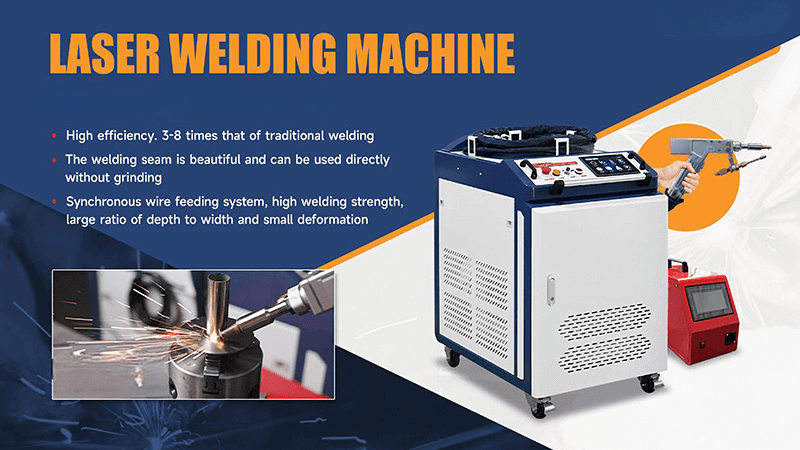
What Factors Can Affect the Quality of Laser Welding?
Advantages:
-
Weld Appearance:
- Laser welding can create narrow and deep welds with a small heat-affected zone, resulting in fine and aesthetically pleasing welds. The weld surface is smooth, with almost no visible deformation.
- This makes it especially suitable for welding precision electronic devices or small, complex components, which require high visual quality.
-
Weld Strength:
- The energy of the laser beam is highly concentrated, allowing for full fusion of the materials. The strength of the weld can be close to or equivalent to that of the base material, ensuring that the welded joints can withstand the corresponding forces during use, improving the reliability of the structure.
-
Welding Precision:
- Laser welding can precisely control energy and position, offering high accuracy in the placement of the weld. This is crucial for welding components that require high precision, such as parts in the aerospace industry.
Choosing a high-quality laser welding machine ensures long-term savings by minimizing downtime and repairs.True
A top-tier machine may have a higher initial cost, but its reliability and durable parts can save money on repairs and reduce downtime, improving productivity.
Laser welding machines are ideal for welding large, thick components that require high heat.False
Laser welding is more suited for precision work and small, thin components, as it offers narrow, deep welds with minimal heat-affected zones, rather than for large, thick materials.
Key Features to Look for in Laser Welding Machines
So, what exactly makes a laser welding machine "high-quality"? Let’s talk about the top features you should prioritize when making your purchase.
Laser Power and Type
Laser power is one of the first things you should consider. For many applications, you’ll need a machine with enough power to get the job done efficiently. The power of the laser determines the depth and speed of your welds. More power is typically needed for thicker materials, while less power may be sufficient for thin sheets.
Also, laser types can differ. Fiber lasers are often favored for their high precision and versatility, Understanding your needs will help you choose the right power level and type.
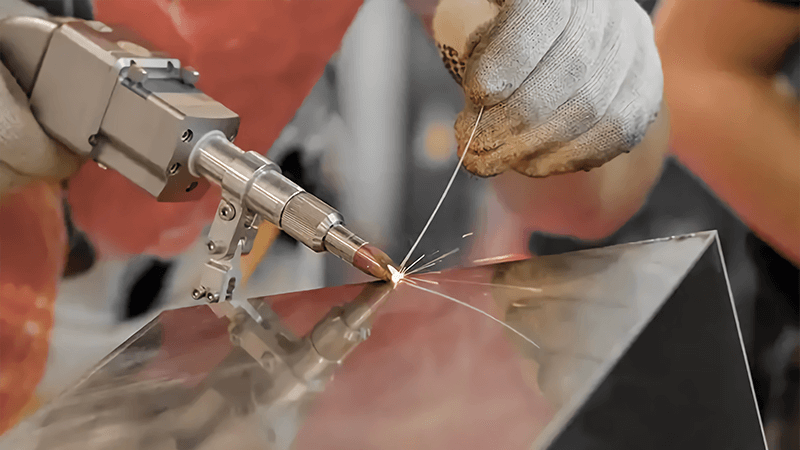
- Importance of Laser Power
Laser power, typically measured in watts, directly affects the performance of cutting and welding tasks. Choosing the right power is crucial, and here are the power requirements based on material thickness:
| Material Thickness | Laser Power (Watts) | Application |
|---|---|---|
| Thin materials (≤ 1 mm) | 500–1000 W | Suitable for cutting thin metals and non-metals |
| Medium thickness (1–5 mm) | 750–2000 W | Ideal for cutting medium-thickness metals |
| Thick materials (> 5 mm) | 1500–4000 W | Required for cutting thicker materials, such as heavy metals |
As the power increases, the cutting speed also improves, and the cut quality becomes cleaner. For example, a 1000-watt laser cutter can cut aluminum much faster than a 500-watt laser, producing smoother edges with less post-processing required.
-
Laser Types - Fiber Lasers
- Wavelength: Around 1.06 µm.
- Best for: Cutting and welding metals, including stainless steel, carbon steel, aluminum, and copper.
- Advantages: Fiber lasers are highly energy-efficient, deliver high-speed cutting, and produce precise, clean cuts with minimal maintenance.
- Limitations: They are generally more expensive upfront compared to other types of lasers but are cost-effective in the long run due to lower maintenance and operating costs.
Cooling System
There are two main types of cooling systems in laser welding machines: air-cooled and water-cooled. Air-cooled systems are generally more cost-effective and are ideal for light to medium-duty work. Water-cooled systems, on the other hand, are more efficient for high-intensity, heavy-duty welding tasks, especially in industrial environments where continuous operation is crucial.
The right cooling system can affect both the machine’s performance and longevity, so make sure to choose one that matches your needs.
Key Differences between Water Cooling And Air Cooling Laser Welding Machine:
-
Cooling Method:
- Air Cooling: Uses air to dissipate heat. Generally smaller and more portable.
- Water Cooling: Uses water circulation for cooling. More effective at managing heat during high-power operations.
-
Power Range:
- Air-cooled machines range from 800W to 2000W.
- Water-cooled machines range from 1000W to 3000W.
-
Spot Size:
- Air-cooled machines typically have spot sizes of 1.5/1.8/2.0 mm.
- Water-cooled machines support smaller spot sizes (0.5-5 mm), offering better precision.
-
Voltage:
- Air-cooled machines operate on 220 VAC.
- Water-cooled machines may require 220 VAC & 380 VAC for higher-power models like the 3000W machine.
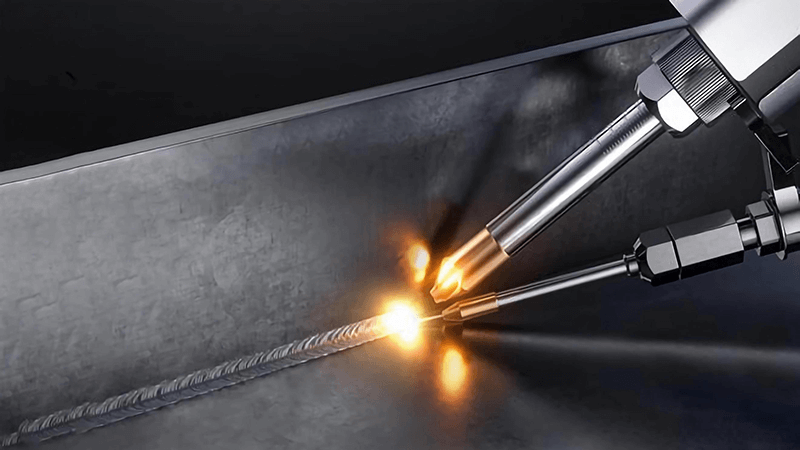
Precision and Accuracy
Laser welding is often chosen for its precision. So, if you want a machine that delivers clean, reliable welds every time, make sure to prioritize accuracy. Look for features like adjustable laser beams and automated controls that can help you maintain consistency across projects.
Precision is not only important for the aesthetics of the weld but also for the structural integrity of the joint. Poor welds can weaken the overall product, leading to safety concerns and increased product failure rates.
Automation and Control Features
Automation can drastically improve the efficiency of your welding process. Look for machines with user-friendly control systems and programmable settings. These will allow you to achieve consistent results, reduce human error, and increase overall production speed.
A good machine should be easy to program, and ideally, offer flexibility for different types of welds. Machines that allow for precise adjustments to laser settings will give you more control over the final outcome of your project.
Price vs. Quality – How to Balance the Two
Now, let’s talk about something that’s always on our minds—price. It’s tempting to go for the cheapest option, but in the case of laser welders, this may not always be the best idea. While it's important to stay within budget, cutting corners too much can lead to long-term issues with performance, repair costs, and reliability.
Instead of looking for the lowest price, think about value. High-quality machines may come with a higher upfront cost, but they tend to last longer, require fewer repairs, and provide superior results. This means that in the long run, the higher price may actually save you money.
Look for machines that offer the best return on investment (ROI). A reliable machine that can handle higher volumes of work without constant maintenance will ultimately be more cost-effective.
Top Brands and Manufacturers of Laser Welding Machines
When you buy a laser welding machine, the brand matters. Established brands with a solid reputation in the industry are more likely to provide quality products, excellent customer service, and dependable after-sale support.
Some of the top manufacturers to look out for include industry leaders like Trumpf, IPG Photonics, and Kirin Laser. Kirin Laser is one of the top companies in the laser welding market, offering high-quality machines that provide excellent precision, durability, and cost-efficiency.
Our flagship products, like the KR-2000 water-cooled welding machine and the KR-1500A air-cooled welding machine, have received glowing reviews for their performance, versatility, and cost-effectiveness. Choosing a trusted brand like Kirin Laser ensures that you're getting a high-performance product backed by exceptional customer support and service.
The precision of laser welding makes it suitable for applications in industries such as aerospace and electronics.True
Laser welding's high accuracy and ability to control energy and position make it ideal for industries requiring precision, like aerospace and electronics.
Cheaper laser welding machines are a better option for long-term use as they have fewer repair needs.False
Cheaper machines often have lower quality, which can lead to higher repair costs and more downtime, ultimately making them a less cost-effective option in the long run.
Where to Buy High-Quality Laser Welders
When it comes to purchasing a laser welding machine, where you buy from can be just as important as what you buy. Some of the best platforms to check out include industry-specific e-commerce websites like Alibaba, where you can directly connect with manufacturers.
Buying directly from the manufacturer, like Kirin Laser, has the advantage of lower costs, more personalized service, and access to the latest product innovations. However, buying from resellers or distributors may offer additional options, such as financing or local service centers.
Whether you're looking for a new or used machine, make sure to verify the warranty and after-sale support options before making a decision.
Maintenance and Support – The After-Sale Service
One of the often-overlooked aspects of purchasing a laser welding machine is maintenance and after-sale support. A quality machine should come with comprehensive warranty coverage and access to repair services should any issues arise.
When purchasing from a reputable manufacturer, like Kirin Laser, you can rely on their dedicated customer support team to help with troubleshooting, repairs, and upgrades. Make sure to inquire about service packages, as preventative maintenance can save you from costly repairs down the line.

Real-World Applications for Laser Welding Machines
Laser welding machines are used across many industries, from automotive manufacturing to aerospace engineering. For example, in the automotive industry, laser welding is used to join components with precision, improving both performance and safety.
In aerospace, the need for ultra-strong yet lightweight components makes laser welding the ideal choice. Similarly, laser welding is widely used in electronics, medical device manufacturing, and even jewelry making.
The versatility of laser welding makes it an invaluable tool for businesses across sectors.
Conclusion
In the end, finding the right laser welding machine requires careful consideration of quality, price, and features. Do your research, weigh the pros and cons, and don’t hesitate to reach out for guidance if needed. Choosing a high-quality laser welding machine is an investment that will pay off in efficiency, productivity, and durability.
When you’re ready to make that purchase, feel free to get in touch with us at Kirin Laser—we’re here to help you find the perfect machine for your needs!
References:
- "How to Find the Best Deals on Laser Welding Equipment", from Kirin Laser.
- "Understanding the Process of Laser Welding: A Beginner’s Guide", from Kirin Laser.
- "Top Fiber Welders for High-Precision Welding", from Kirin Laser.
- "A Complete Guide to Set Laser Welding Machine for All Applications", from Kirin Laser.
- "How to Choose the Best Laser Welding Equipment for Your Needs?", from Kirin Laser.
- "Laser Welding Machine Water-cooled or Air-cooled Which is Better", from Denaliweld.
- "Portable Air-Cooled Laser Welding Machine", from Maxcool.



